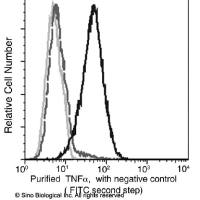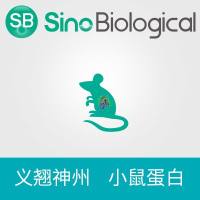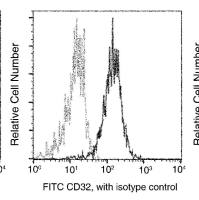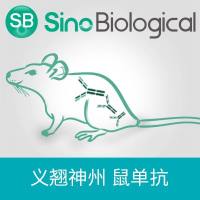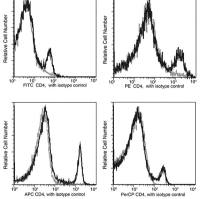Pronuclear Microinjection of Mouse Zygotes
互联网
627
The most important tools to investigate the genome of an organism are spontaneous or induced mutations. In mammals, with the exception of humans, the mouse is genetically the most thoroughly analyzed species. Hundreds of different mutant mouse strains are being bred in laboratories and stored as frozen embryos or germ cells in repositories around the world. Because spontaneous mutations are very rare events, different methods to increase the incidence of mutagenesis were developed several decades ago. One example is the alkylating agent N -ethyl-N -nitrosourea, a powerful tool for producing random point mutations in premeiotic spermatogonia. This “phenotype driven” approach is most helpful to identify unknown genes and their function. Complementary to this large-scale random mutagenesis technique are the so called “gene-driven” approaches, which involve selective manipulation of the mouse genome with the objective of creating transgenic mice. In contrast to chemical mutagenesis, where phenotypic changes are a prerequisite to identify the induced mutation (forward genetics), transgenic technology is based on the reintroduction of a previously isolated and in vitro recombined DNA sequence (reverse genetics).


